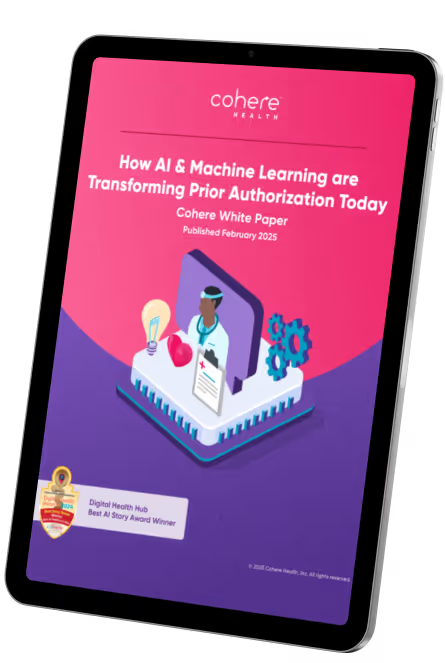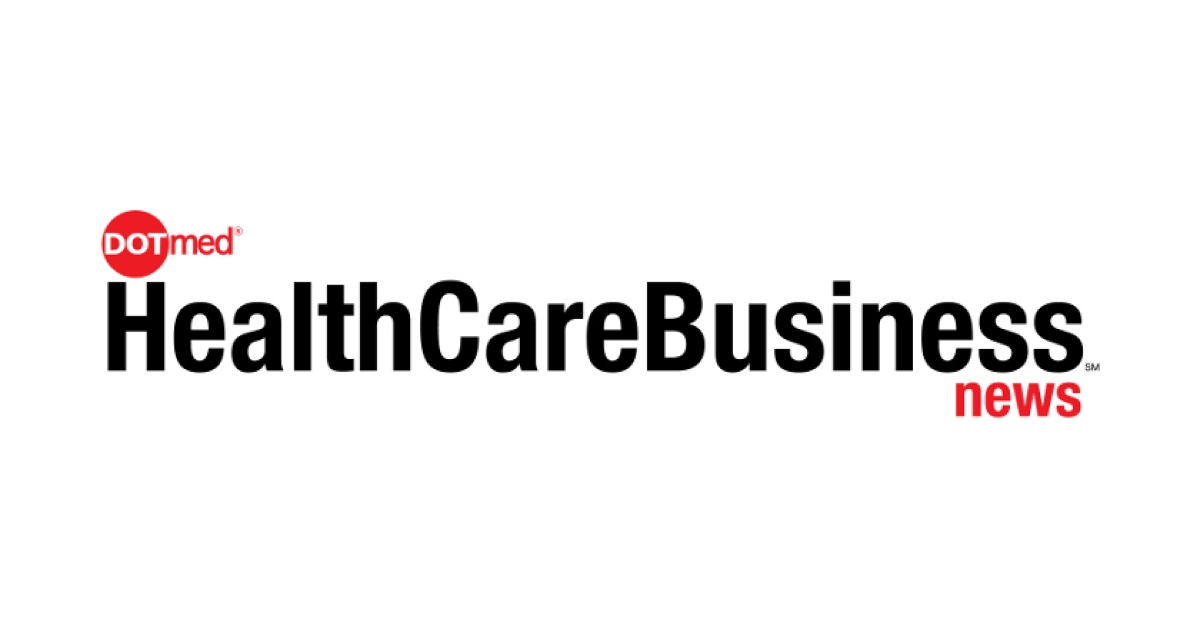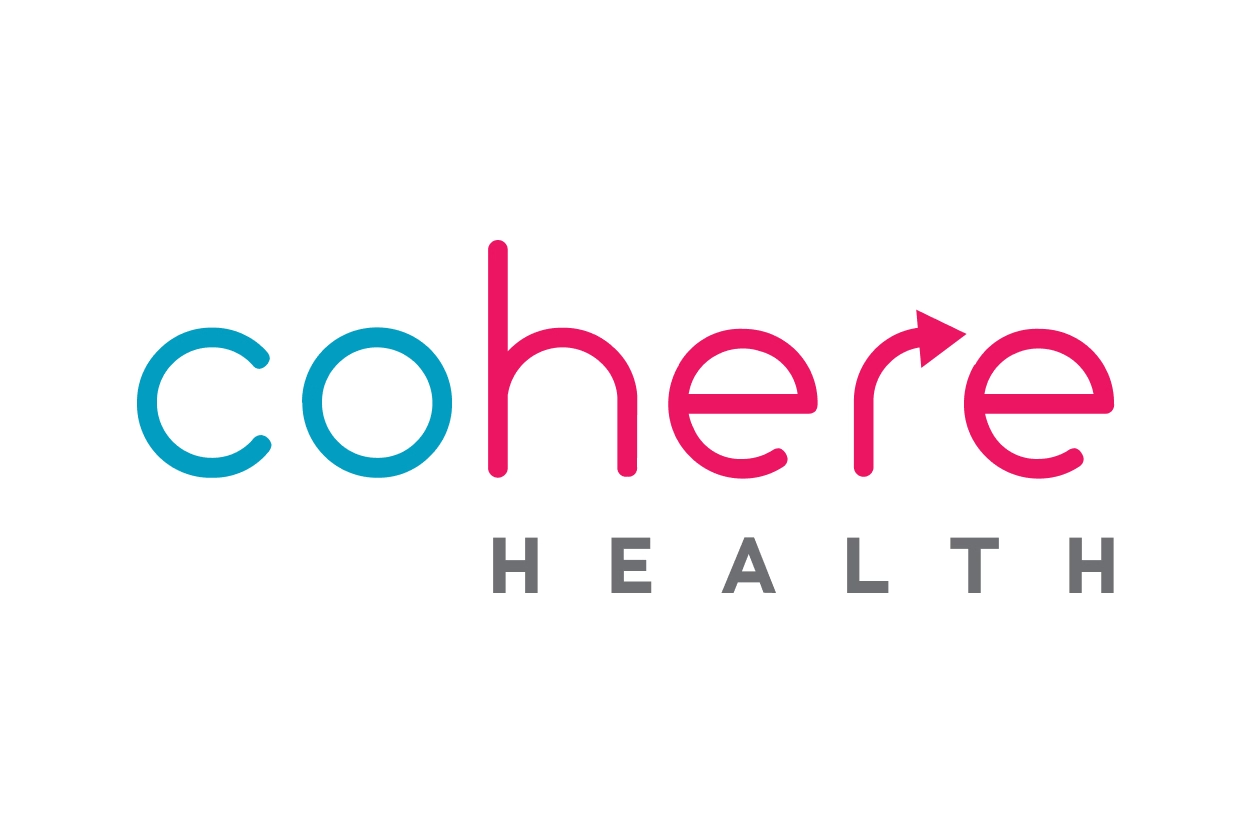/
Press/
Turning Prior Authorization Compliance Into Progress: The Case for Glass Box, Clinically Trained AITurning Prior Authorization Compliance Into Progress: The Case for Glass Box, Clinically Trained AI
Published:
November 15, 2025

When AHIP, HHS, and CMS announced their series of commitments to streamline prior authorization earlier this year, they set clear expectations that health plans need to simplify the burdensome manual process–delivering faster, safer, and more transparent clinical decision-making. Additionally, with the CMS Interoperability and Prior Authorization Final Rule’s (CMS-0057-F) initial provisions taking effect in 2026, the message to the industry is unmistakable: the time to reshape prior authorization is now. These changes are forcing health plans to act, but the most forward-thinking plans have an opportunity to do more than meet the deadlines: they can redesign the process itself.
Speed or automation alone won’t resolve deeper challenges. If prior authorization workflows remain disconnected from trained clinical judgment, digital tools will simply replicate old inefficiencies. To deliver meaningful change, health plans need AI that thinks like a clinician–built to understand clinical nuance, apply evidence-based recommendations, and deliver decisions transparently–so that automation both enhances clinical decision-making and builds trust.
The status quo is clinically disconnected
For years, physicians have reported prior authorization as one of the most frustrating, time-consuming barriers to patient care. At the same time, health plans face mounting regulatory and industry pressure to accelerate approvals while maintaining safety and accountability.
According to the 2025 National Provider Survey on Prior Authorization, 97% of administrators and 93% of clinicians have seen prior authorization delays cause avoidable emergency care or hospitalizations. More than half of providers reported patients abandoning treatment due to these delays, while 95% of administrators and 92% of clinicians called prior authorization a burden. Nearly all respondents agreed that outdated, opaque systems disrupt care delivery–many still relying on fax or phone for submissions.
These challenges reflect more than workflow inefficiencies; they stem from systems optimized for administrative processing rather than driving evidence-based care. Even when digital, legacy systems often trap providers in documentation loops or replicate longstanding flaws, hindering care access and quality outcomes.
Written by

Matt
Parker
Matt has more than 20 years of experience designing, developing and launching healthcare-related technology solutions. Prior to joining Cohere, he was SVP of Product Development at Kyruus Health, a healthcare technology company that provides health systems with search and scheduling solutions . Previously, Matt led Product at HealthSparq, where he developed industry-leading products for health plans to help their members take more control of their healthcare. He has held senior positions at DestinationRx and DrugCompare where he led the product development teams. Matt received his B.A. in Psychology from The Catholic University of America and his J.D. from Loyola University Chicago School of Law.
Stay ahead with expert insights on transforming utilization management and payment integrity—delivered straight to your inbox.



